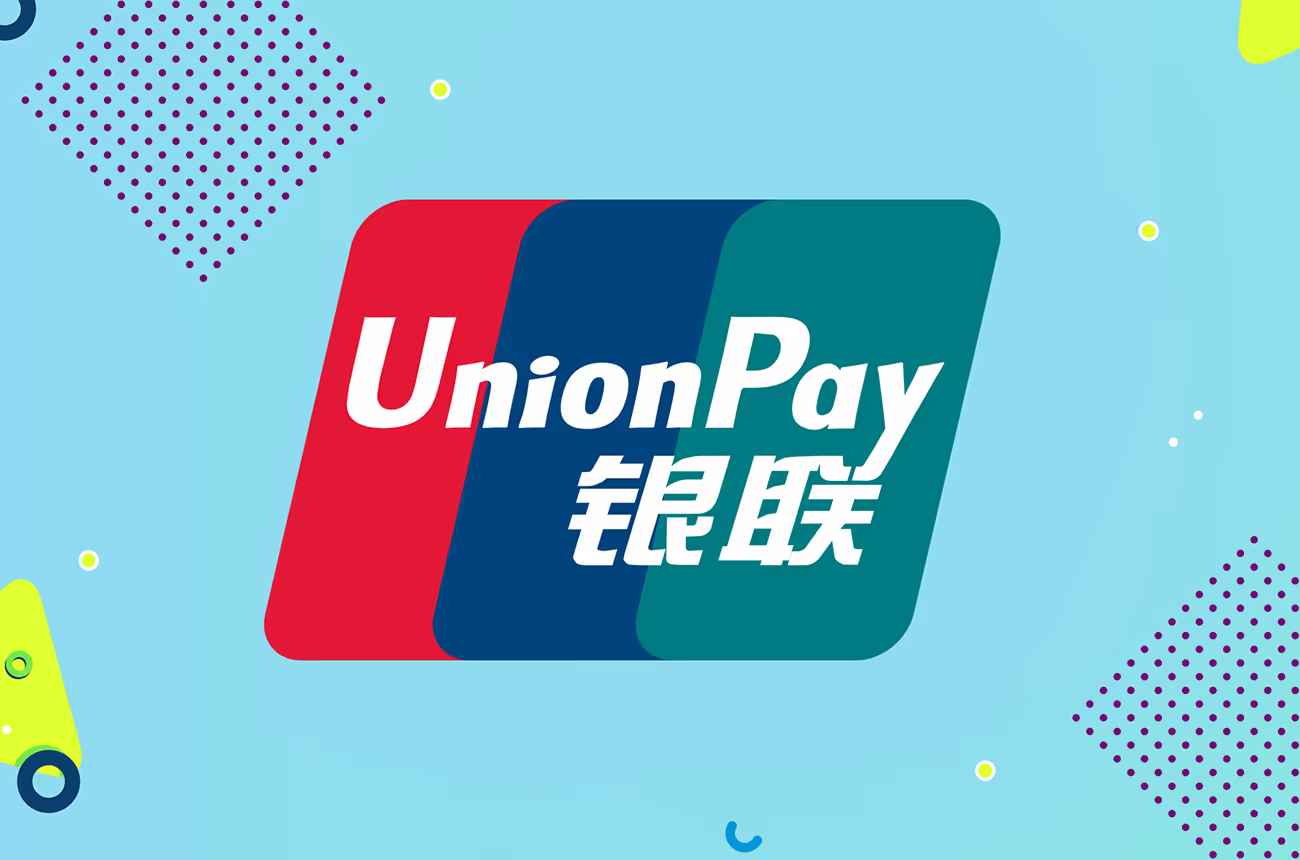La costa este contra la Unión Europea: qué significa para el mercado de pagos la presión para reemplazar Visa y Mastercard
La costa este contra la Unión Europea: qué significa para el mercado de pagos la presión para reemplazar Visa y Mastercard
La Unión Europea se está tomando en serio la soberanía de los pagos. Los reguladores están tomando medidas para reducir la dependencia de las redes mundiales de tarjetas, especialmente de Visa y Mastercard, que actualmente procesan hasta dos tercios de las transacciones con tarjetas en la zona euro. En respuesta, la UE ha lanzado la Iniciativa Europea de Pagos (EPI), un proyecto para construir un sistema de pagos europeo unificado, que incluye el monedero digital Wero y las transferencias instantáneas de cuenta a cuenta.
Por qué Europa está rechazando Visa y Mastercard
Esta medida no es solo económica, es estratégica y geopolítica:
• Soberanía financiera: La UE quiere controlar la infraestructura por la que fluyen billones de euros.
• Comisiones y apalancamiento: Los minoristas informan de aumentos en las tarifas: las comisiones de las tarjetas aumentaron un 34% entre 2018 y 2022.
• Datos y jurisdicción: Europa quiere mantener los datos de los consumidores dentro del marco legal de la UE.
• El precedente de Rusia: La salida de Visa/MC de Rusia después de 2022 mostró los peligros de la dependencia externa.
EPI reúne a más de 16 bancos y firmas de tecnología financiera, incluidas BNP Paribas, Worldline y Nexi. Su misión principal es ofrecer una alternativa paneuropea escalable a los esquemas globales.
Lo que Visa y Mastercard pueden perder
Europa es un mercado clave para ambos: su volumen combinado de transacciones con tarjetas supera los 7 billones de euros al año. Su modelo de ingresos depende de las comisiones, y el EPI amenaza directamente ese flujo. No se trata solo de la cuota de mercado, sino de proteger su dominio mundial.
Ambas compañías están invirtiendo en banca abierta y pagos en tiempo real para seguir siendo relevantes. Sin embargo, en Europa, la determinación política y la regulación están ahora en su contra.
Implicaciones para los bancos y las fintechs
Bancos son tanto inversores como partes interesadas en EPI. Ven la posibilidad de reducir los costes y recuperar el control parcial de los pagos. Sin embargo, la incorporación conlleva gastos de capital: infraestructura, riesgo y, potencialmente, menores ingresos por intercambio.
Fintechs tenga la oportunidad de integrarse directamente con los nuevos rieles y evitar Visa/MC. Una plataforma europea unificada podría facilitar la expansión en toda la UE. Sin embargo, los riesgos incluyen la fragmentación técnica y la dependencia de un ecosistema centralizado.
Qué pueden ganar los minoristas
Los comerciantes pueden ser los que más se beneficien de romper el duopolio. Las tarifas de aceptación de tarjetas son un factor de costo importante. Los minoristas, especialmente los grandes, quieren alternativas con comisiones más bajas y condiciones más transparentes.
Sin embargo, la transición depende de los consumidores. Si los clientes no adoptan la nueva cartera o las nuevas tarjetas, los minoristas no darán prioridad al cambio. La conveniencia y la confianza determinarán el éxito.
Barreras clave
• Hábitos de usuario: Los europeos se sienten cómodos con Visa/MC y Apple Pay.
• Rentabilidad: Los bajos límites de intercambio en la UE dificultan la monetización de un nuevo esquema.
• Complejidad técnica: Una red nueva debe igualar o superar la confiabilidad y la seguridad existentes.
• Coordinación política: Los 27 estados miembros de la UE no siempre se mueven de forma sincronizada.
Dimensión geopolítica
Europa está intentando evitar quedar atrapada entre la tecnología estadounidense (Visa, Mastercard) y los gigantes chinos de la tecnología financiera (Alipay, UnionPay). El programa ampliado de inmunización y el euro digital representan una tercera vía: un sistema soberano controlado por Europa que pueda ampliarse a nivel nacional e internacional.
La UE no solo desafía a Visa y Mastercard, sino que está rediseñando las bases de todo su sistema de pago. La transición no ocurrirá de la noche a la mañana, pero ya está remodelando el mercado. Los bancos, las empresas de tecnología financiera y los comerciantes que se adapten pronto encontrarán oportunidades; los que se aferren al modelo anterior pueden perder relevancia.
El éxito depende de la ejecución, la adopción por parte de los usuarios y el soporte normativo. Si Europa lo hace bien, el panorama de los pagos será más competitivo, innovador y resiliente. De lo contrario, Visa y Mastercard solo consolidarán aún más su dominio.
Última publicación

April 30, 2025
VISA y Mastercard tomaron diferentes caminos para liderar los pagos globales: uno basado en la confianza y la escala, y el otro en la marca, la emoción y la innovación.

April 30, 2025
El procesamiento de pagos es un sector de tecnología financiera de rápido crecimiento, que ofrece altos márgenes, ingresos recurrentes y un papel central en la economía digital global.

May 15, 2025
UnionPay ha pasado de ser la red de pagos líder de China a convertirse en una fuerza global, que ofrece a las empresas de todo el mundo acceso a millones de consumidores chinos.




